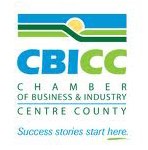Every once in a while, I run into an investor who bought a financial product that, upon reflection, may not have been totally appropriate given the individual’s personal and financial circumstances.
Not that the investment was completely “wrong”, but perhaps a different product or approach may have better met the client’s goals and objectives.
One thing you can do to help keep this from happening to you, is to find out who the advisor works for. I don’t mean the specific company that employs him or her, but the type of company that employs the advisor. That information can go a long way to help you understand whether the financial advisor’s loyalty is to you, or to the employer.


















 Clarity Coaching Tips
Clarity Coaching Tips Common Sense Videos
Common Sense Videos It’s Your Money
It’s Your Money
